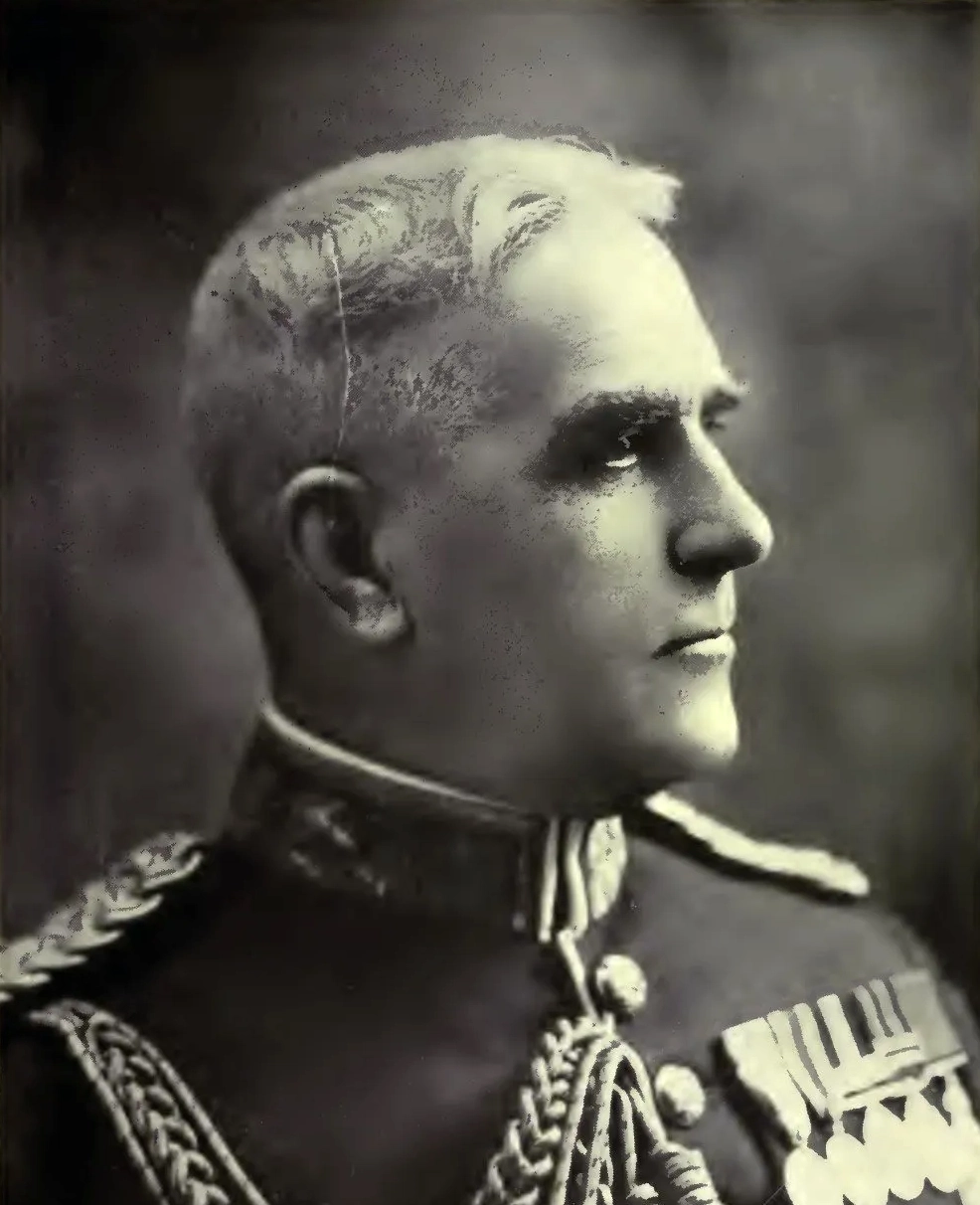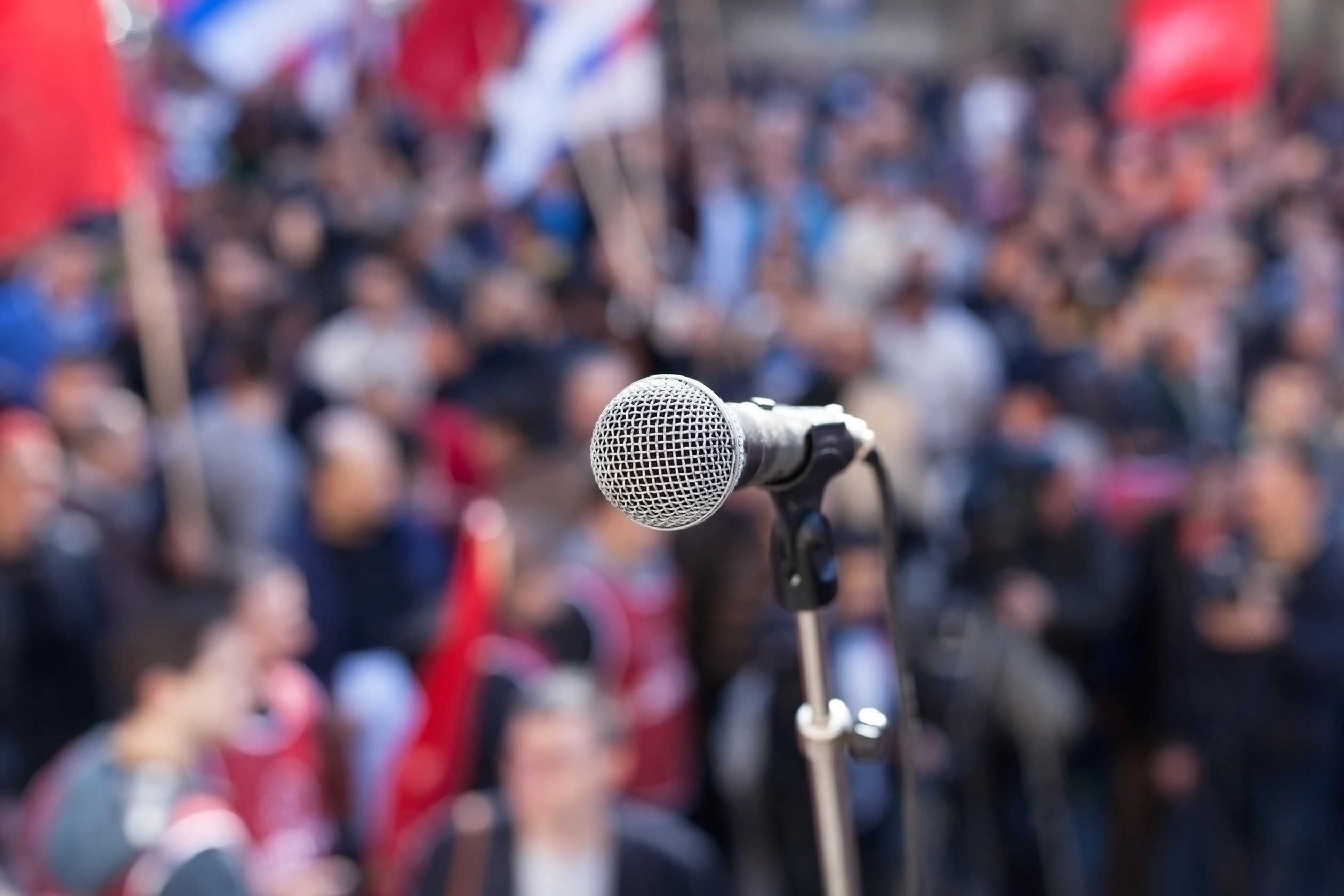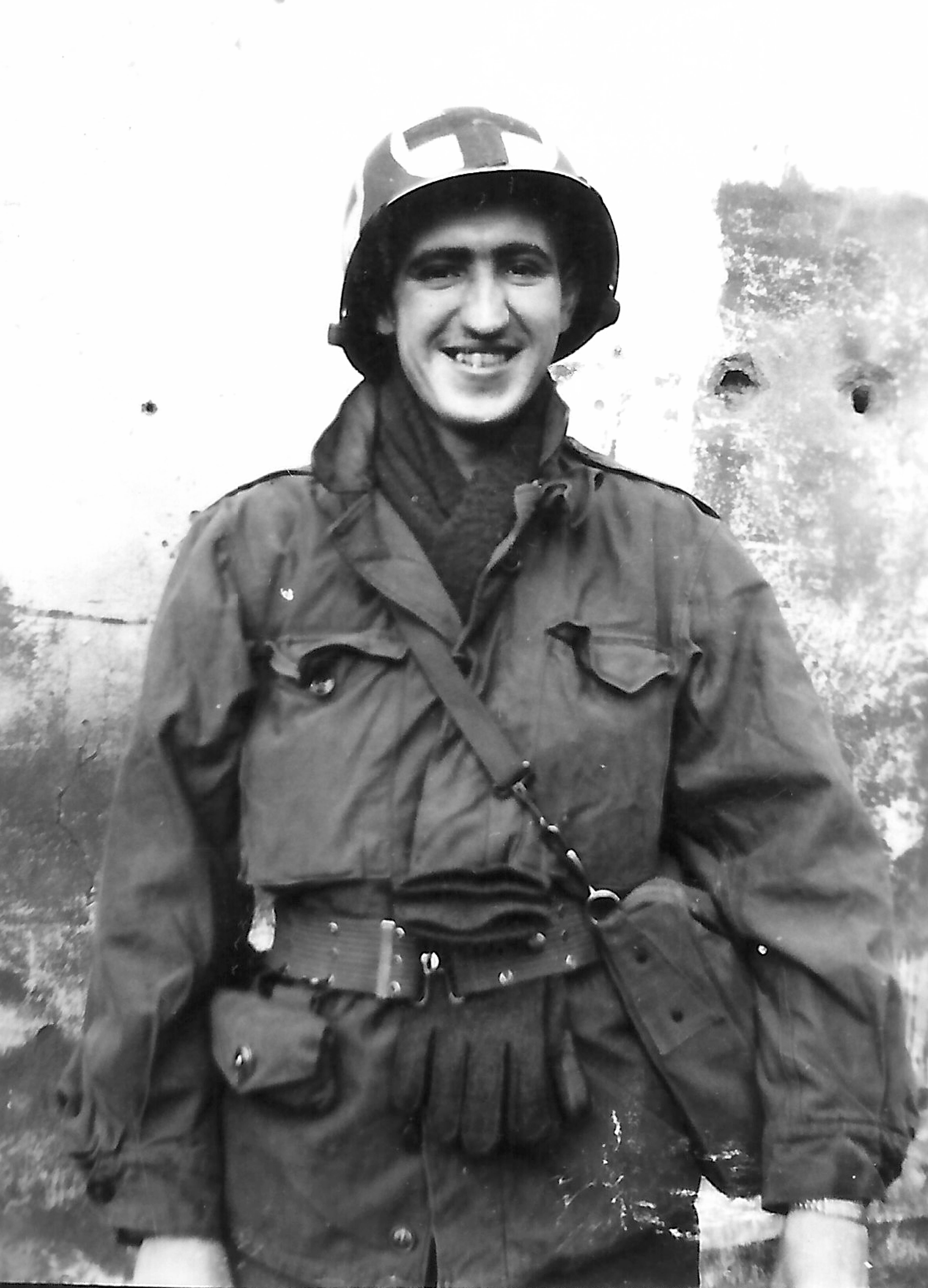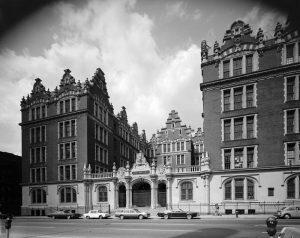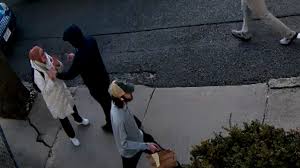You seem to be lost. To find what you are looking for check out the most recent articles below or try a search:
Act of Remembrance, Dutch style
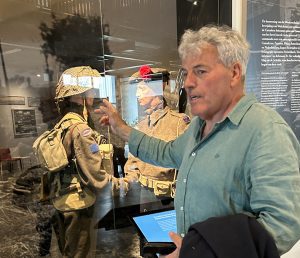
It all began with a barn loft full of relics. As a boy growing up in the Scheldt River estuary of the Netherlands, Kees Traas heard stories about the soldiers who’d liberated his country in the Second World War. But it wasn’t until the 1960s, when he was a teenager exploring his uncle’s workshop that he learned his liberators were from Canada and worth celebrating.
“The 30th of October, 1944, our community was liberated by the Canadians,” Traas (now 58) told me this Liberation Week in the Netherlands. “My uncle saved war artifacts. So, as kids we played with them, and he gave me a Canadian helmet. That was the beginning. (more…)
